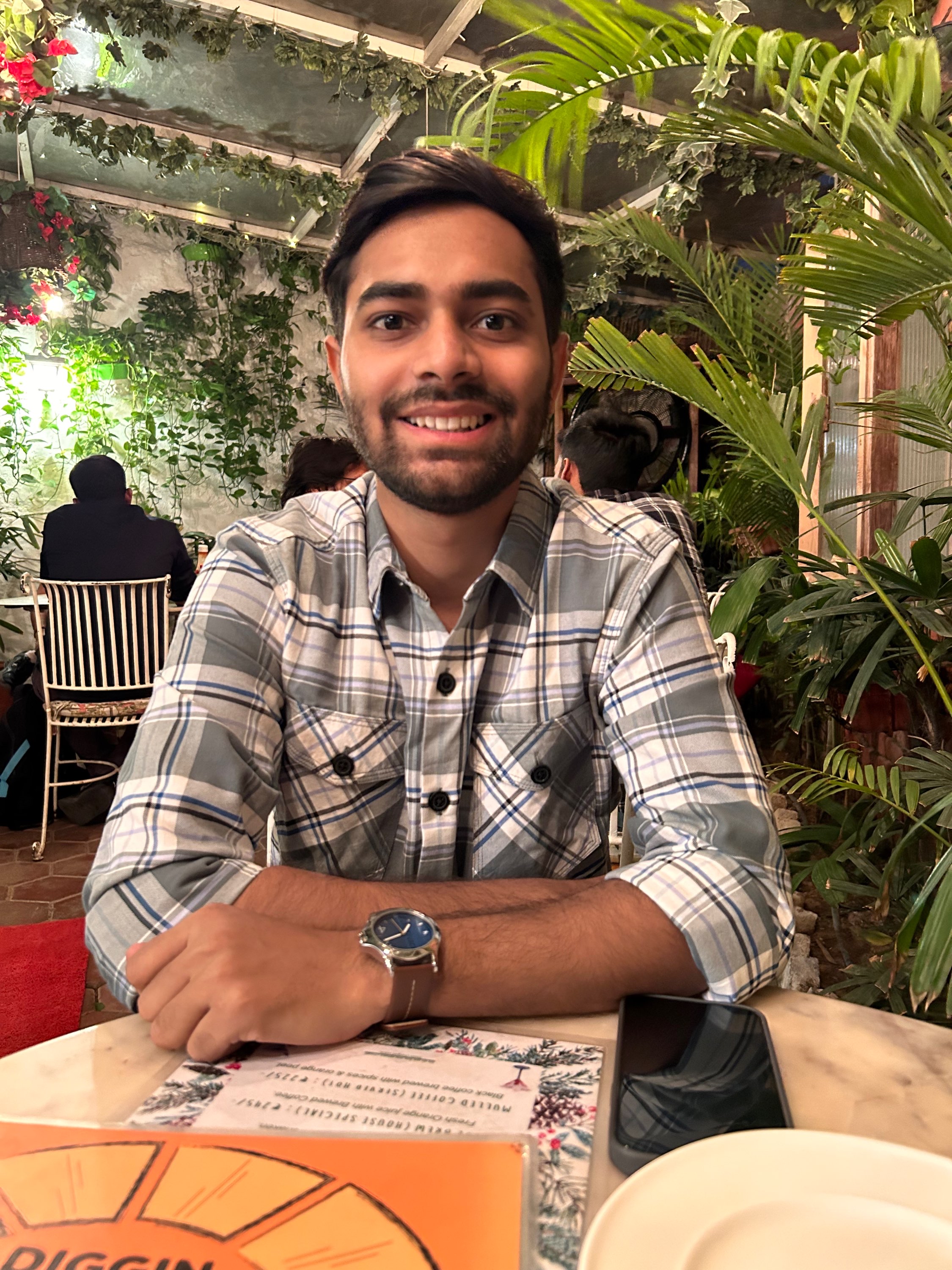15 July 2024 - Daily Current Affairs Updates(IAS)
- Avijeet Kumar
- Jul 15, 2024
- 4 min read
Today’s Current Affairs Update: “ProxyGyan IAS Express”
Date: 15 July 2024.
1. Kharchi Puja
2. Mahabodhi Temple Complex
3. Secret Service
4. Chromium
5. Saras Crane
Like and follow @ProxyGyan for daily CA updates.
Kharchi Puja: • News: The Prime Minister Shri Narendra Modi recently wished the people of Tripura, on the occasion of KharchiPuja. • Definition: • Kharchi Puja, also known as the Festival of 14 Gods, is a century-old auspicious festival celebratedevery year by the people of Tripura. • Key Deity: • People worship Chaturdasa Devata, the ancestral deity of the Tripuri people. • Month: • This festival falls on the eighth day of the new moon in July or August and lasts for a week • The festival is observed annually on ShuklaAshtami, which is the eighth day of the lunar month of Ashadha. • Key Rituals: • Carrying and Dipping Idols: • The royal priests perform the revered ritual of carrying the idols of the Fourteen Gods from the ancient Ujjayanta Palace in Agartala. • They then dip the idols in the holy water of the Saidra river. After this purification ritual, the idols are taken back to the temple.
2. Mahabodhi Temple Complex:
• News: A geospatial analysis utilizing satellite images and ground surveys has found evidence of the presence of "huge architectural wealth" buried in the Mahabodhitemple complex.
• Overview:
• The Mahabodhi Temple Complex is one of the four holy sites associated with the life of Lord Buddha, marking the spot of his Enlightenment (Bodhi).
• Located in Bodh Gaya, central Bihar, on the banks of the Niranjana River, it stands as one of the few surviving examples of early brick structures in India.
• History:
• First Temple: Built by Emperor Asoka in the 3rd century B.C
• Present Temple: Dates from the 5th or 6th centuries, built entirely in brick, and is a significant example of late Gupta period architecture.
• UNESCO World Heritage Site: Recognized in 2002.
• Architectural Significance
• Brick Architecture: One of the earliest Buddhist temples built entirely in brick, influencing brick architecture development over centuries.
• Stone Balustrades: Early example of sculptural reliefs in stone:
• Features:
• Grand Temple: A 50-meter-high structure with a pyramidal shikhara (tower) comprising several layers of niches, arch motifs, and fine engravings.
• Sacred Places: The complex includes six sacred places within an enclosed area and a seventh one, the Lotus Pond, just outside the enclosure to the south.
• Bodhi Tree: Located to the west of the main temple, it is believed to be a direct descendant of the original Bodhi Tree under which Buddha attained enlightenment.
3. Secret Service:
• News: Former US President Donald Trump was shot at during an election rally.
The shooter was then shot and killed by the Secret Service.
• Definition:
• The United States Secret Service was founded in 1865 and is one of the oldest federal investigative law enforcement agencies.
• Its initial mandate was to combat the counterfeiting of US currency.
• Nodal Agency:
• The Secret Service is part of the Department of Homeland Security.
• Eligible candidates are identified by the Secretary of Homeland Security after consultation with an advisory committee.
• Aim:
• The Secret Service's mission is to maintain the integrity of the democratic process and ensure the continuity of government.
• Protection Mandate: The Secret Service is mandated to protect several key individuals, including:
• The Vice President
• The President-Elect
• Their Immediate Families
• Former Presidents And Their Spouses (Except When The Spouse Remarries)
• Children Of Former Presidents Until Age 16.
4. Chromium:
• News: The NGT has ordered the state government to supply safe drinking water to areas affected by chromium-contaminated groundwater.
• Overview:
• Chromium is a chemical element with the symbol Cr and atomic number 24
• Occurrence:
• It is naturally found in rocks, animals, plants, soil, and volcanic dust and gases.
> Mining:
• Chromium is mined as chromite (FeCr204) ore.
• Distribution:
Global: South Africa is the leading mine producer of chromium worldwide followed by Turkey and Kazakhstan.
• India: Chromite deposits of Sukinda and Nausahiultramafic belt of Odisha constitutes 94% of the country's chromite resources.
• Other states with chromite are Manipur, Nagaland, Karnataka, Jharkhand, Maharashtra, Tamil Nadu, Telangana and Andhra Pradesh
• Applications:
• Metallurgy: Enhances hardenability and resistance to corrosion and oxidation in iron, steel, and nonferrous alloys.
• Stainless Steel: Widely used to produce stainless steel and nonferrous alloys.
• Other Uses: Alloy steel, metal plating, pigments, leather processing, catalysts, surface treatments, and refractories.
5. Saras Crane:
• News: The latest summer census taken up for saruscrane sightings shows that their count has risen across Uttar Pradesh (UP).
• Sarus Crane:
The Sarus crane is the tallest flying bird in the world standing 152-156 cm tall with a wingspan of 240cm.
• Characteristics:
• Adults: Light grey body plumage with a greenish skin crown. Head and upper neck covered in red skin. Ear area has greyish feathers. Legs are red.
• Juveniles: Cinnamon-brown feathers with a less obvious greyish ear patch.
• Breeding Season: Coincides with heavy rainfall during the monsoon.
• Mating Behavior: Known to mate for life with a single partner.
• Dietary Habits: Includes aquatic plants, invertebrates, grains, small vertebrates, and insects.
• Habitat and Distribution:
• Global Distribution: Three disjunct populations in the Indian subcontinent, Southeast Asia, and northern Australia.
• Indian Subcontinent: Found in northern and central India, Terai Nepal, and Pakistan.
• Habitat: Typically found wading in shallow wetlands or cropped agricultural areas.
• Conservation Status:
• IUCN Status: Vulnerable (VU)
CITES Appendix: II
• CMS Listing: II





Comments